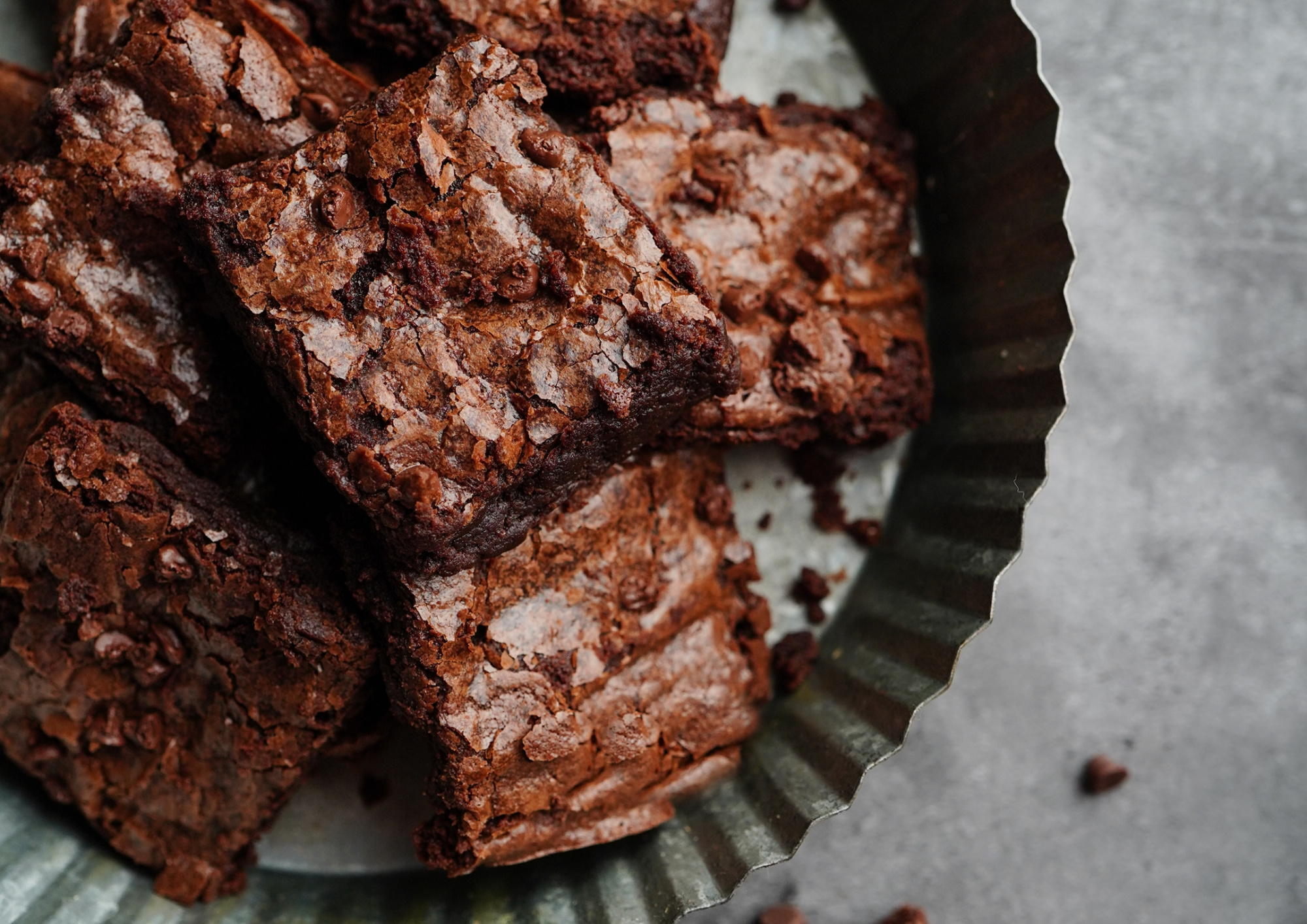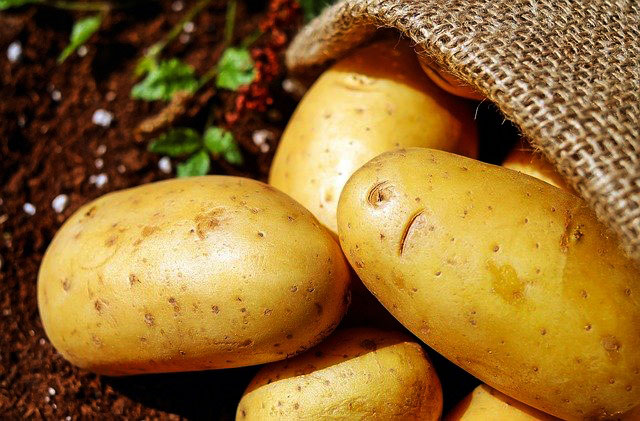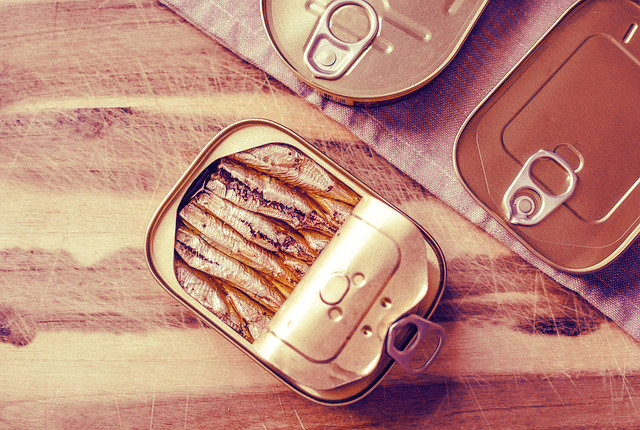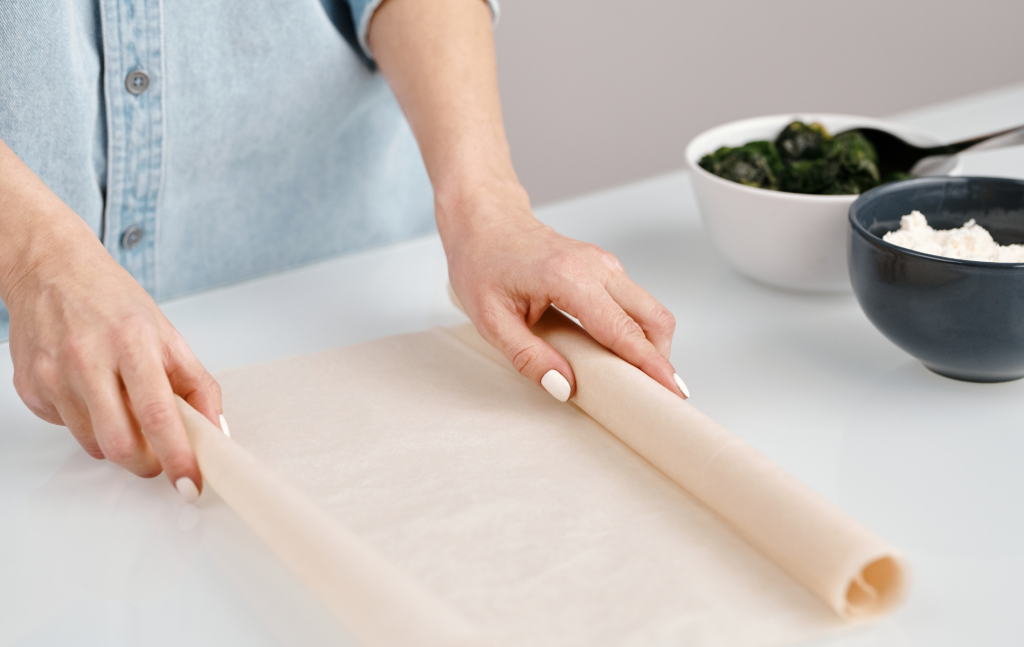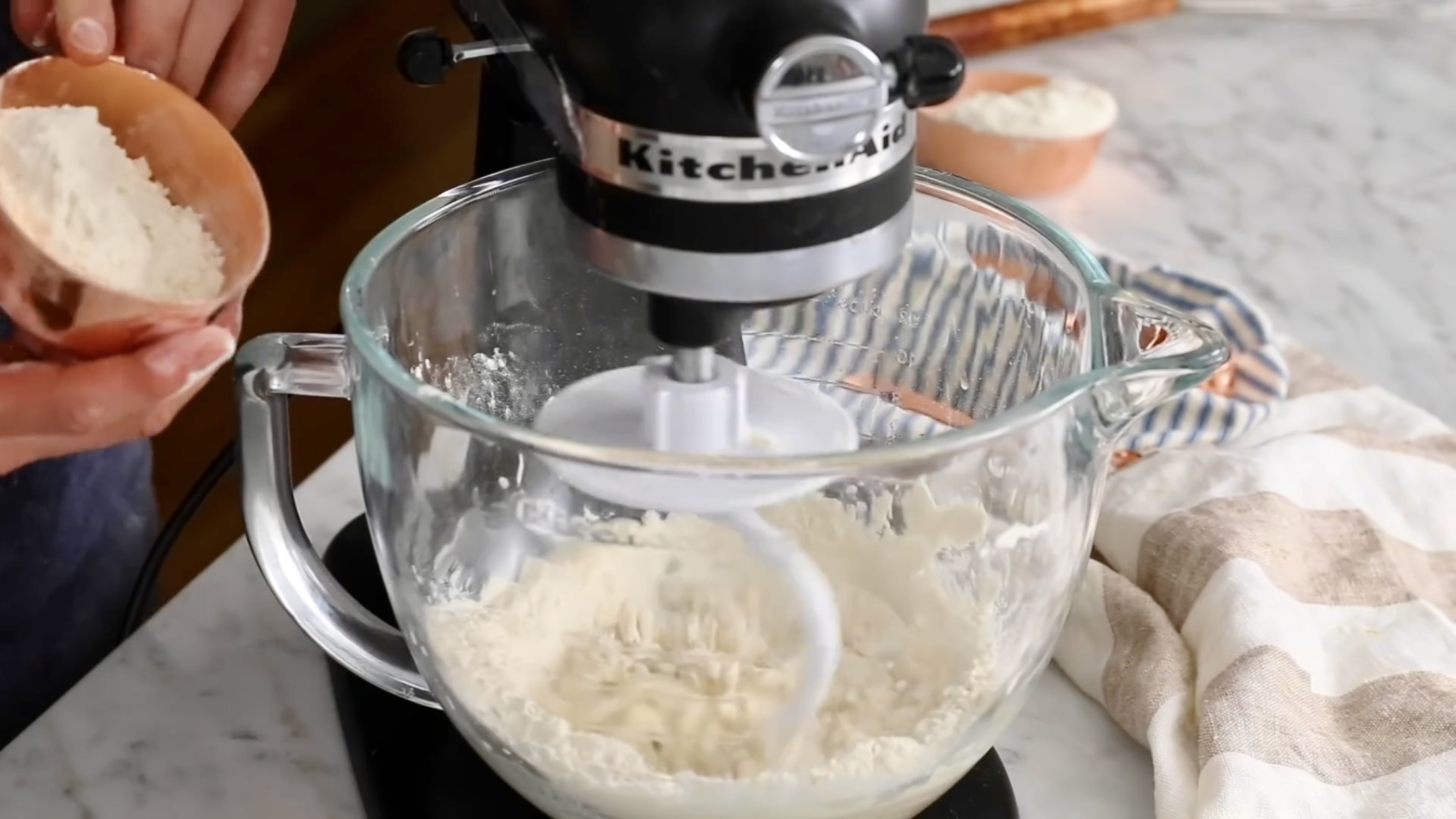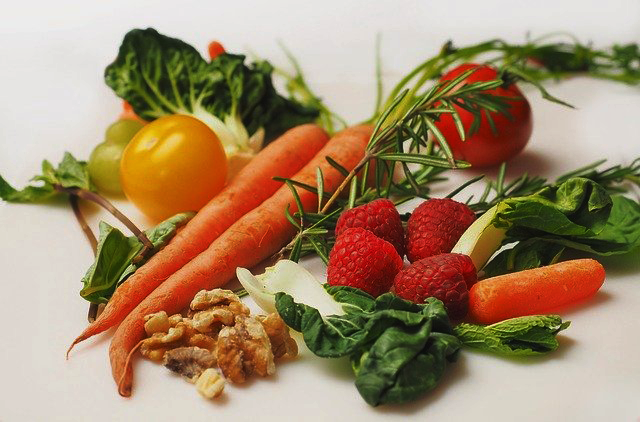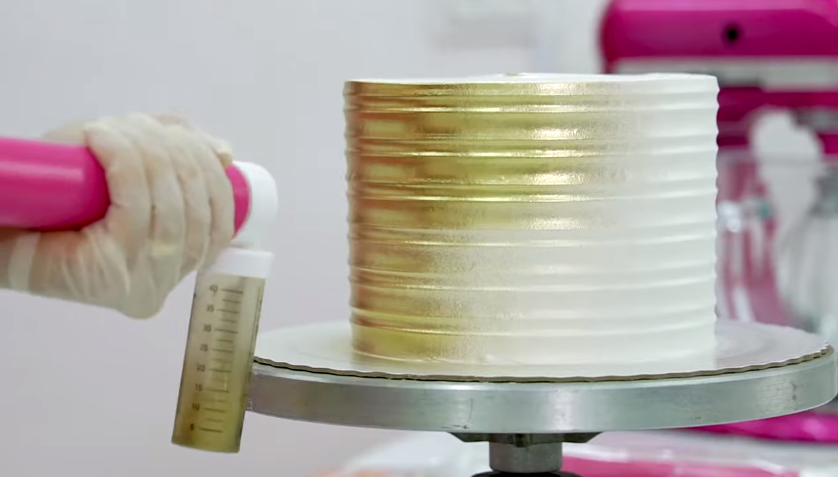We have been trying to look out for your welfare for a little too long, now. Or perhaps we have been trying to look out for your welfare a little too assiduously. Either way, we were – possibly – wrong.
According to Fran Gage, author of The New American Olive Oil and a frequent olive oil taste judge (yes, there is such a thing), extra-virgin olive oil comes in three "styles," – delicate, medium, and robust. She says the delicate extra-virgin olive oil can often be used in baking. "After years of using butter almost exclusively, my discovery of olive oil was liberating. Now I'm always looking at dessert recipes in a new light, imagining their taste with extra-virgin olive oil instead of butter," she says.
About 10% of the recipes in her book are for desserts, and include pound cake, biscotti, ice cream, truffles, cookies, and a chocolate cake.
She suggests using three-quarters as much olive oil as butter called for in the recipe. That is, if the recipe calls for 8 tablespoons of butter, use 6 tablespoons of extra-virgin olive oil instead.
The challenge, of course, if one is not a frequent olive oil taste judge, is finding a delicate oil. How does one know? And if one does not live in San Francisco, as Gage does, perhaps one does not have access to many types of olive oil, or any delicate oil at all.
The styles are influenced by the growing, the age of olive at harvest, the processing method, and the type of olive. Sometimes the type of olive is mentioned on the label and in general Arbequina, Ascolano, Leccino, Pendolino, Maurino, Sevillano, and Mission olives – particularly if picked late in the season – produce mild oils. Sometimes you can find an oil that is labeled delicate extra-virgin olive oil. You will probably just have to try this oil and that, until you hit upon one you love.
Once you've found a delicate olive oil, it is still quite possible it will not work in some of your favorite dishes. Perhaps the dish needs the structure that cold butter initially provides. Perhaps it needs the modest amount of water that butter includes. If you are going down this road, you will be experimenting, and quite likely not all your experiments will work.
Then the final issue is, will you like it? Even delicate extra-virgin olive oil can be very fruity or flowery or tropical, so you may love it in some baked dishes and not others. You may not like it at all. (Some people bake with more assertive olive oils, but you may need to work up to that.)
Finally, finally, delicate extra-virgin olive oil is not the same as light olive oil, which is not virgin olive oil at all, but is so heavily refined that it has virtually no taste, and, according to Gage, no discernible culinary value.
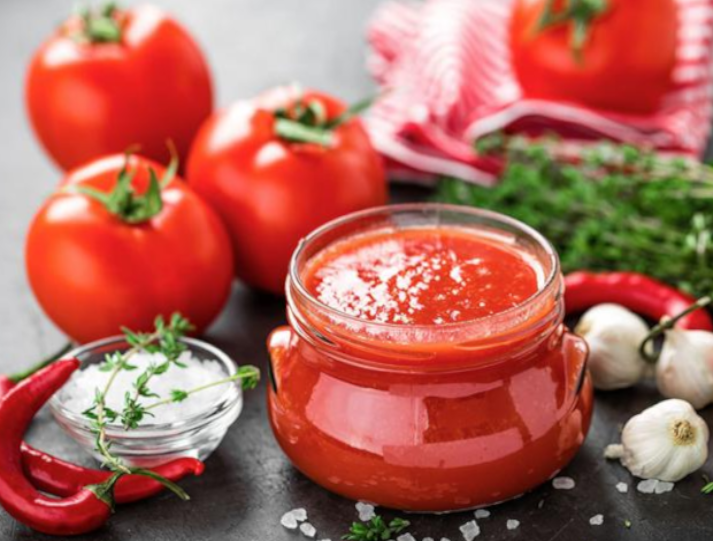
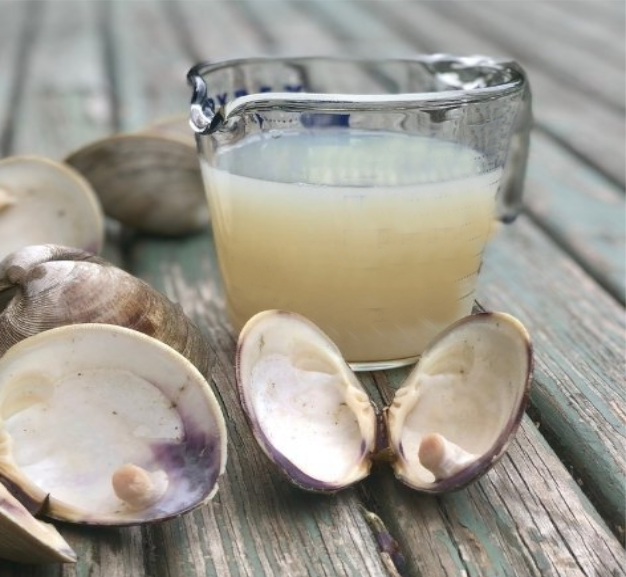
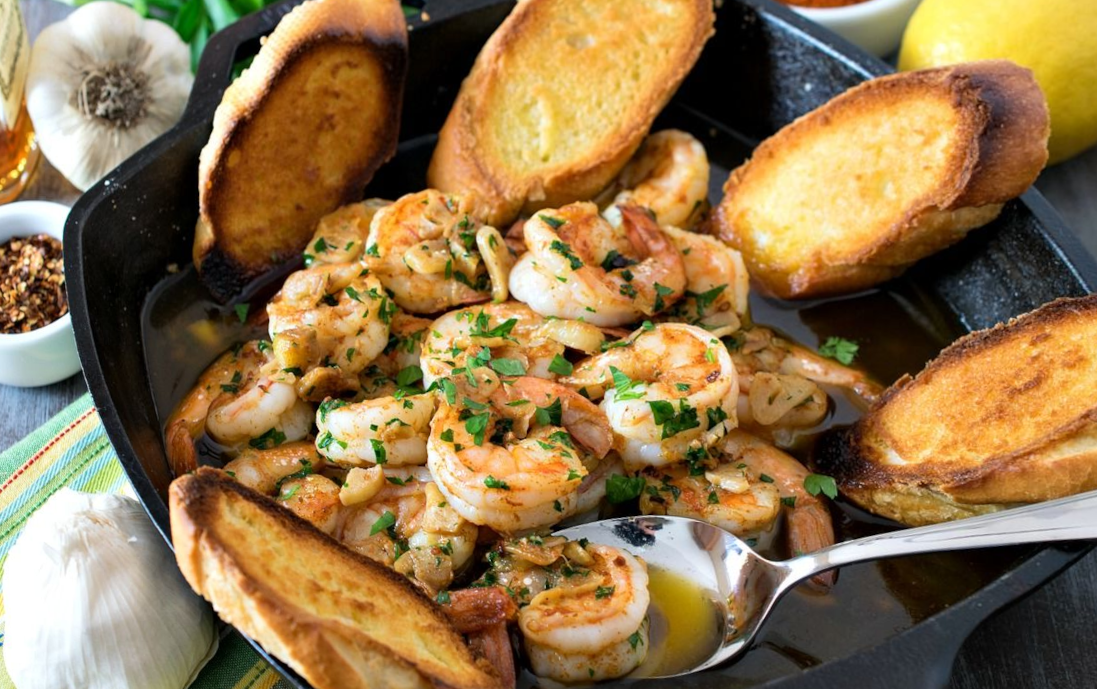

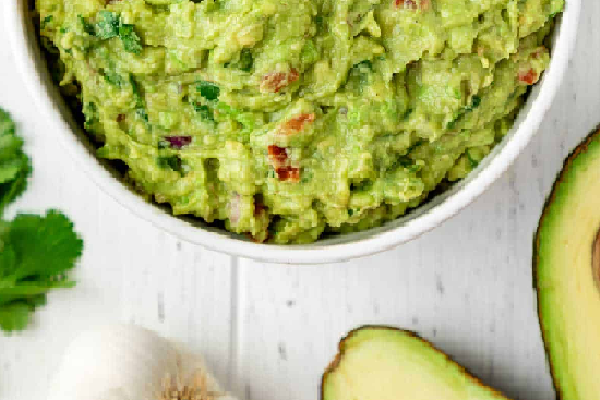
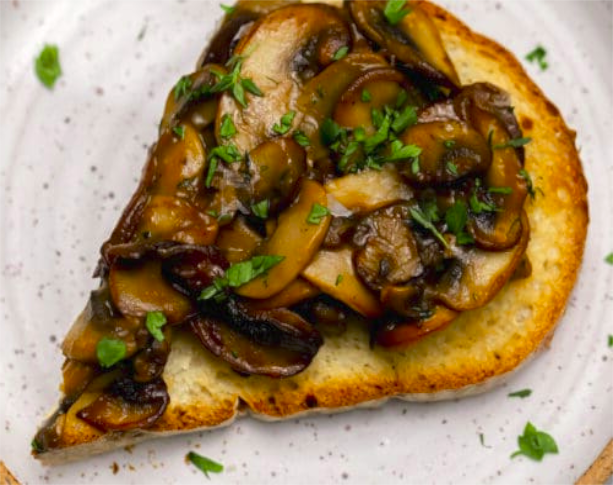
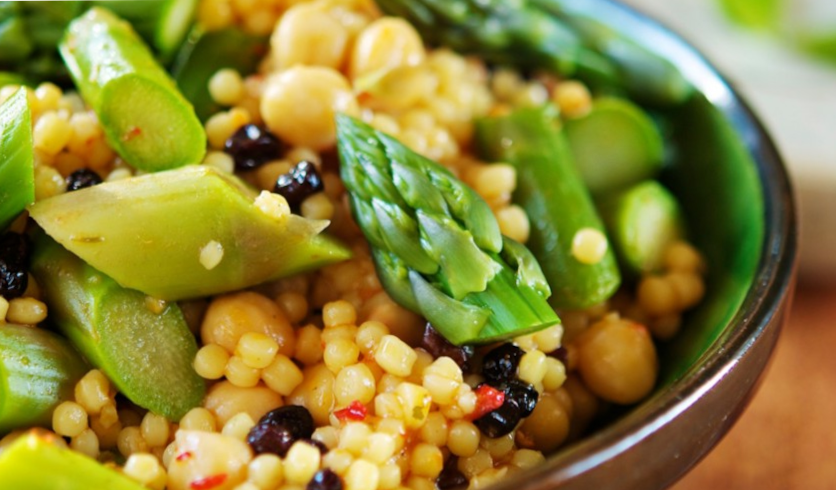
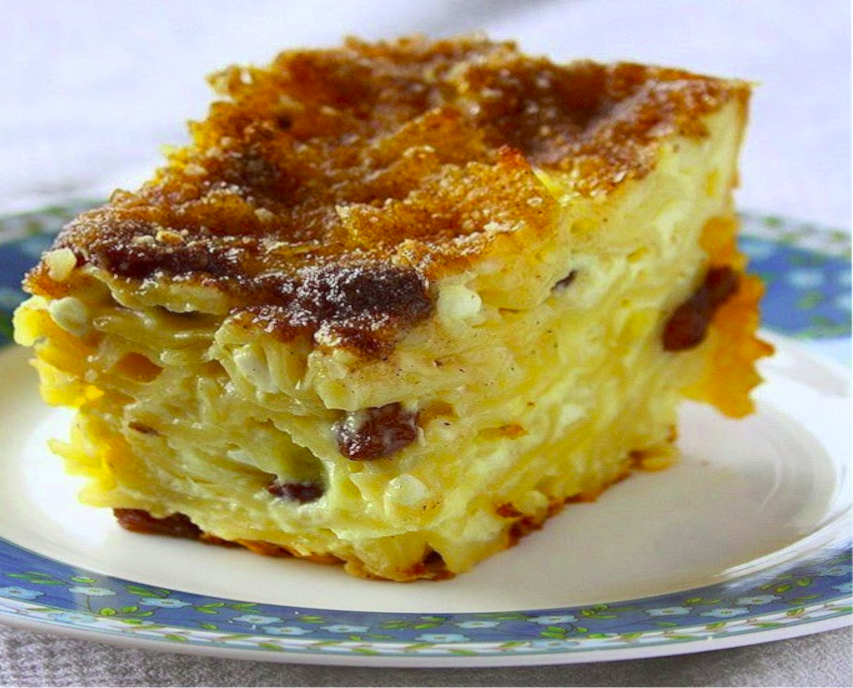
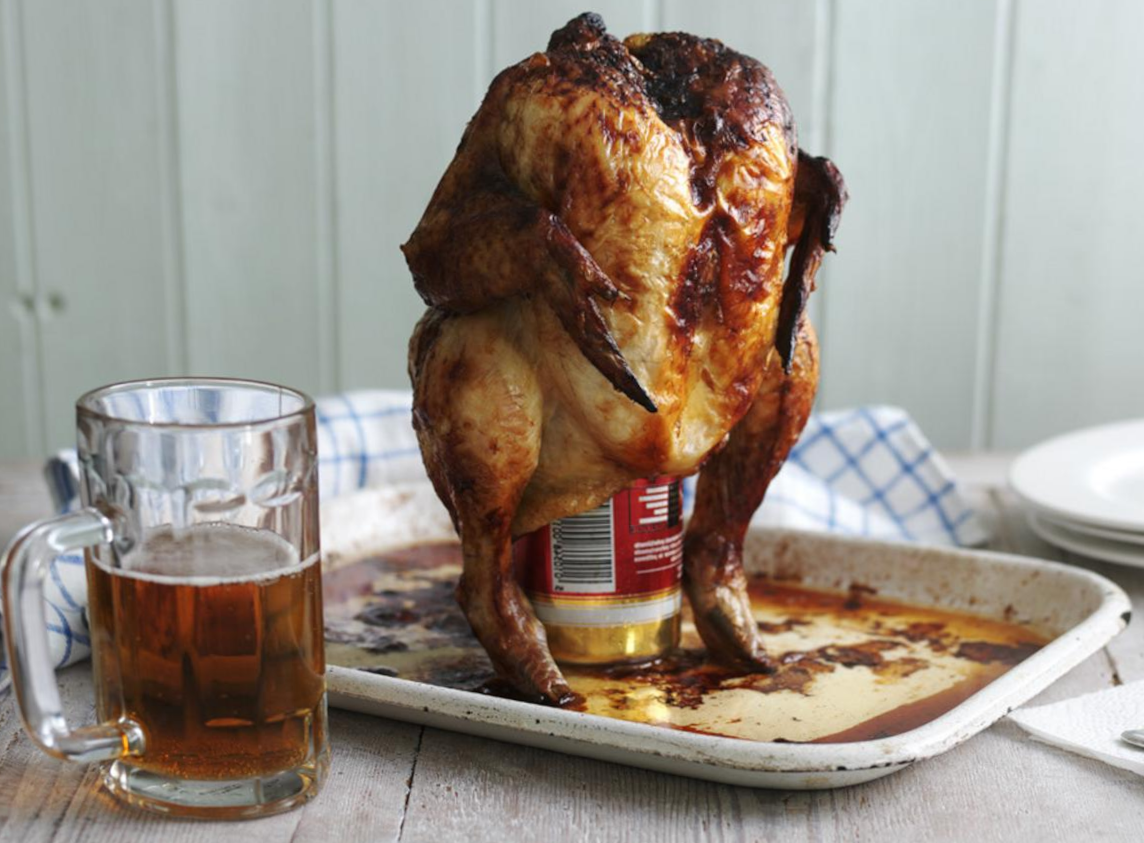
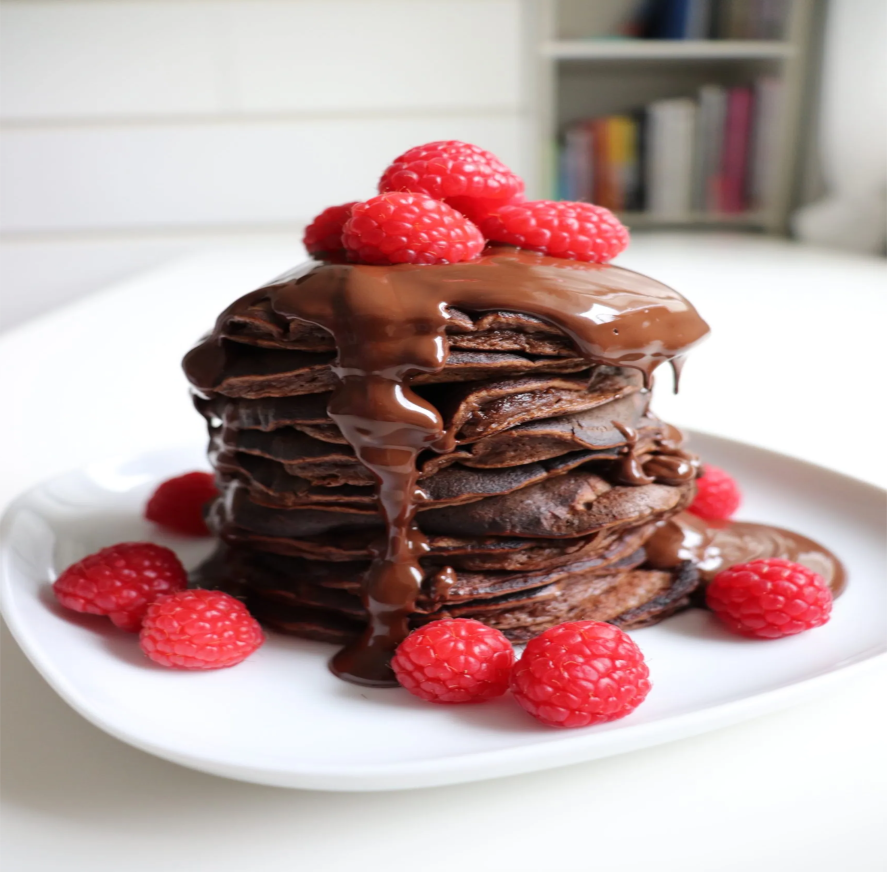
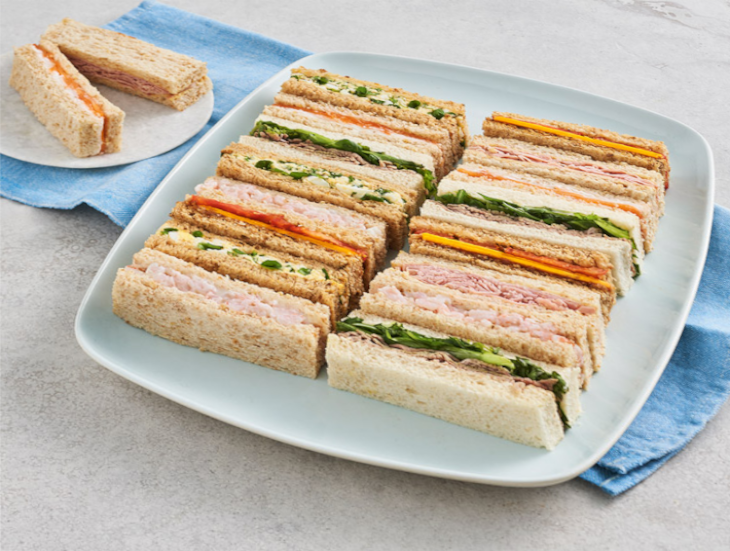



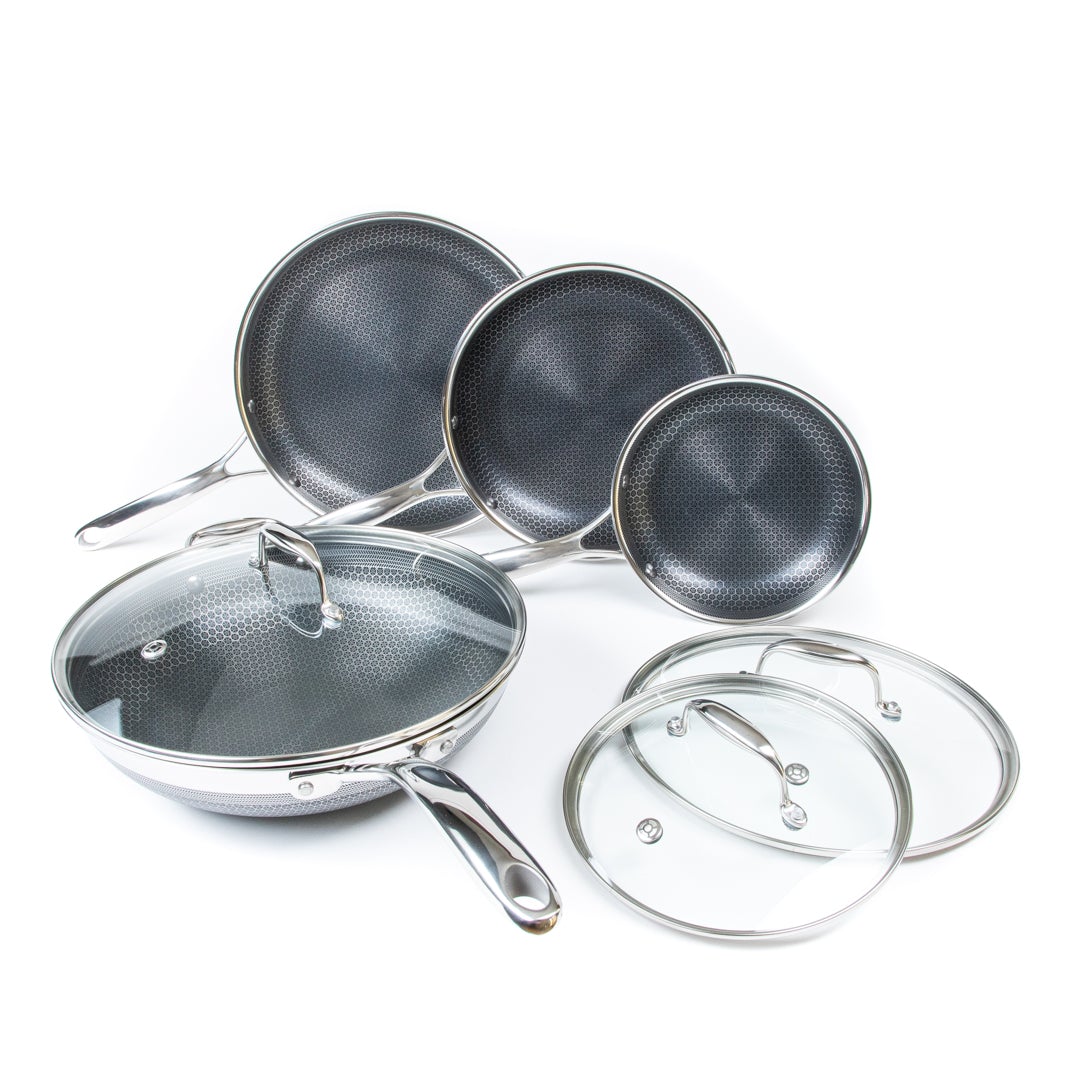
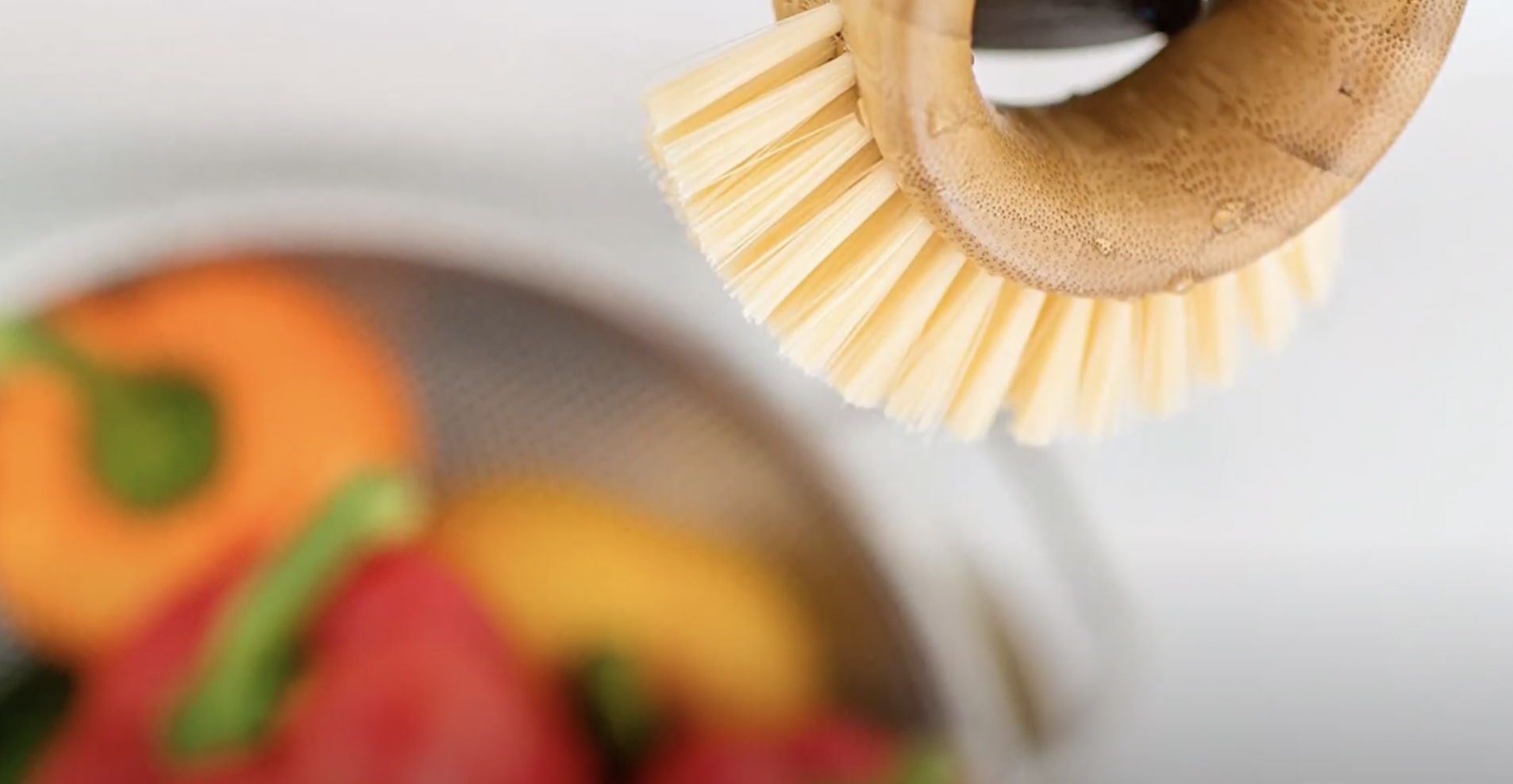
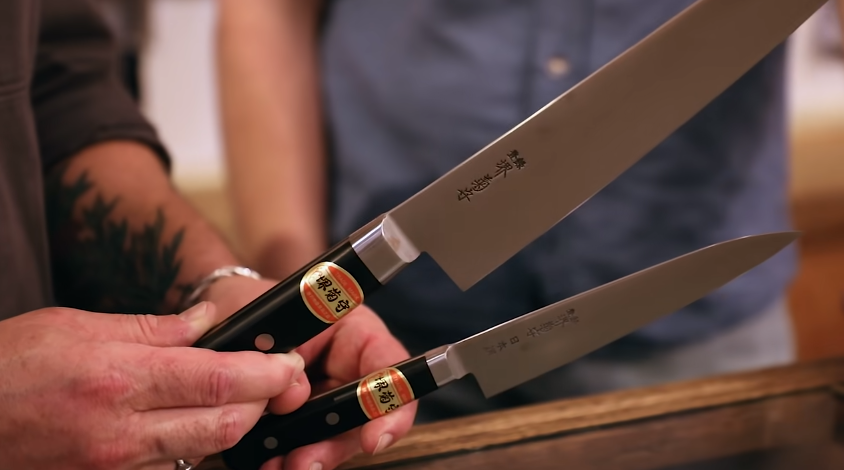
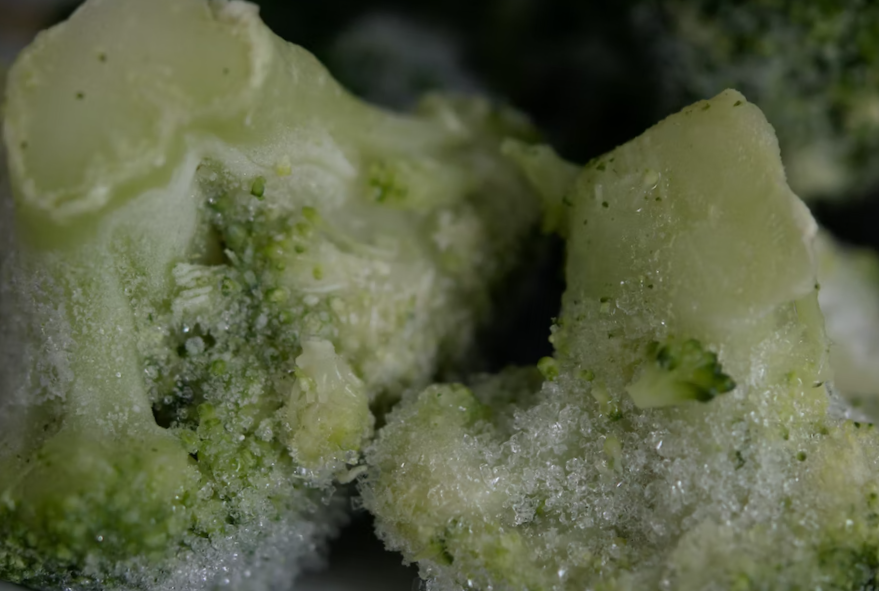



![Can you Cook Eggs in the Microwave? [Complete Guide]](/assets/images/c1f79d1cad59f18f9b5dc31403bd0eb2.png)
